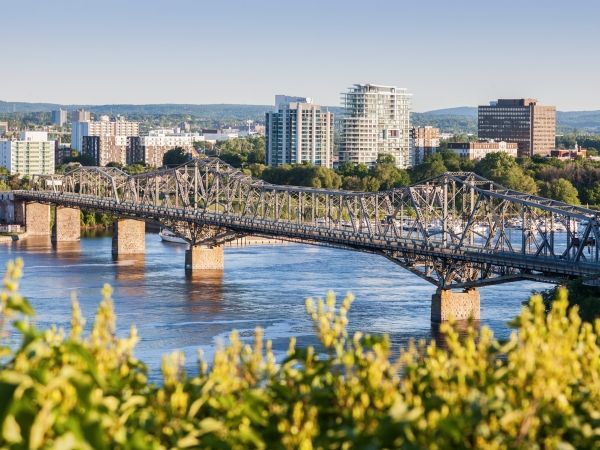Rising among fir and spruce on the Canadian Shield, the Ottawa River flows through forests and wetlands and alongside bucolic orchards and farms.
But also past nine pulp and paper mills that spew millions of litres of industrial effluent into the river each day and one defunct nuclear reactor that has discharged radioactive tritium into the river. Never mind the planned nuclear waste storage site and the fact that multiple municipalities lacking treatment facilities for human waste and sometimes spill raw sewage into its waters.
That doesn’t only affect fish. Much of the waste in the river’s drainage basin is generated upriver from Lemieux Island, where the city of Ottawa draws its drinking water. So, when Ottawans turn on their taps, their drinking water is a cleaned-up version of whatever water flowed into the treatment facility in the first place.
Carleton journalism students are investigating exactly what that is.
Continue reading at Carleton University.
Image via Carleton University.


